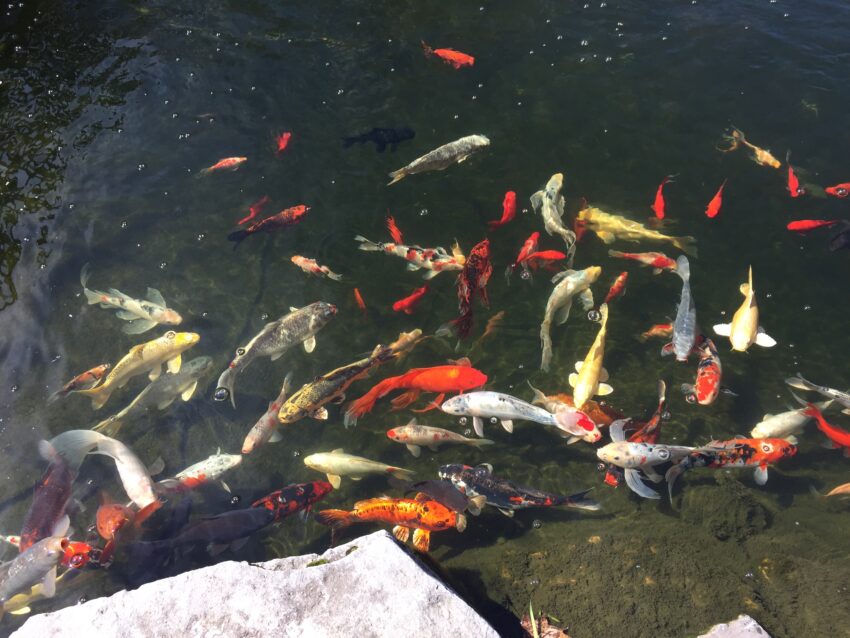An interesting and maybe controversial topic on this Valentine’s Day is whether narcissists love their partners and do their partners love them.
The easier of the two is the latter question, do their partners love them. I would say emphatically, yes. Why? By our nature, we give 100% in our relationships. Our narcissists were no exception. We want to be the best partner that we can be, and our actions reflect that. Irrespective of the underlying motive of the relationship on their end, our view of things was that everything we experienced was real to us, including the joy we had in our relationship. I can’t speak to overt narcissists, but my relationship with my covert narcissist seemed genuine to me. It was also free of drama. As compared to relationships around me, I would go so far as to say it was better than most, if not all. Did I realize early on that I was involved with a narcissist? No. But it doesn’t matter in terms of my love for that person. Even when it was identified to me at marriage counseling and individual therapy, I will still say that I loved this person. I felt that I was better equipped to manage and understand the dynamics, but my feelings never changed. So yes, I fell in love with a narcissist. I just didn’t realize they were a narcissist at the time.
On the other hand, I would say that if asked, most narcissists would say that they love their partner. This is especially true with the covert narcissist. Narcissists simply define love differently than the rest of us. There was no doubt in my mind that my covert narcissist was truthful when asked whether she loved me at marriage counseling. The interesting point was what she said when asked why: Her answers and explanation were all about what I do and provide for her. They were very object oriented. These were in contrast to my “why” which was mostly about how she made me feel. So, yes, I think in the narcissists mind, they believe they love their partners, just on different terms.
My individual therapist had a very easy explanation of the dynamics of relationships. He explained that in any relationship, one partner will be more narcissistic and the other more codependent. There is such a thing as healthy narcissism and healthy codependency. If you plot each on a scale of -5 to +5; a healthy relationship exists when both partners are close to center and balancing each other out. For example, a -1 codependent balances with a +1 narcissist. The problem is that the narcissist will progressively get more narcissistic: It is in their nature to do so. As the narcissistic partner moves further to one end of the scale, the codependent will naturally balance it out by compensating in the opposite direction. The more the narcissistic takes, the more the codependent gives. Can a relationship exist with each at the opposite side of the scale? Yes, because they are balancing each other out. However, it doesn’t necessarily constitute a healthy relationship.
What can the codependent do?
At best, the codependent can take control of the relationship and move themselves closer to center by establishing better boundaries and practicing self-care. This forces the narcissist to either come closer to center to balance out the relationship or discard their partner. Covert narcissists in particular will tolerate some measure of moving closer to center, provided they are getting sufficient supply. My own personal experience with this was from 2018 through 2024.
Why the relationship is doomed to fail…
Unfortunately, similar to a drug addict, the narcissists need for supply is ever growing. The supply you provide now is not going to work later. Something has to give. Either the narcissist will realize what is going on and initiate an immediate discard; or the narcissist will go into narcissistic rage to take back control and put you in your place. Their hope is to ensure you will never play such games with them ever again.
This is what my covert narcissist attempted by filing a false order of protection against me.
In the end, no matter how much we may love our narcissists, the outcome will be the outcome. We either abdicate and become a slave to their supply needs, or we get out, knowing that setting boundaries and ensuring self-care will only lead to an eventual discard.

